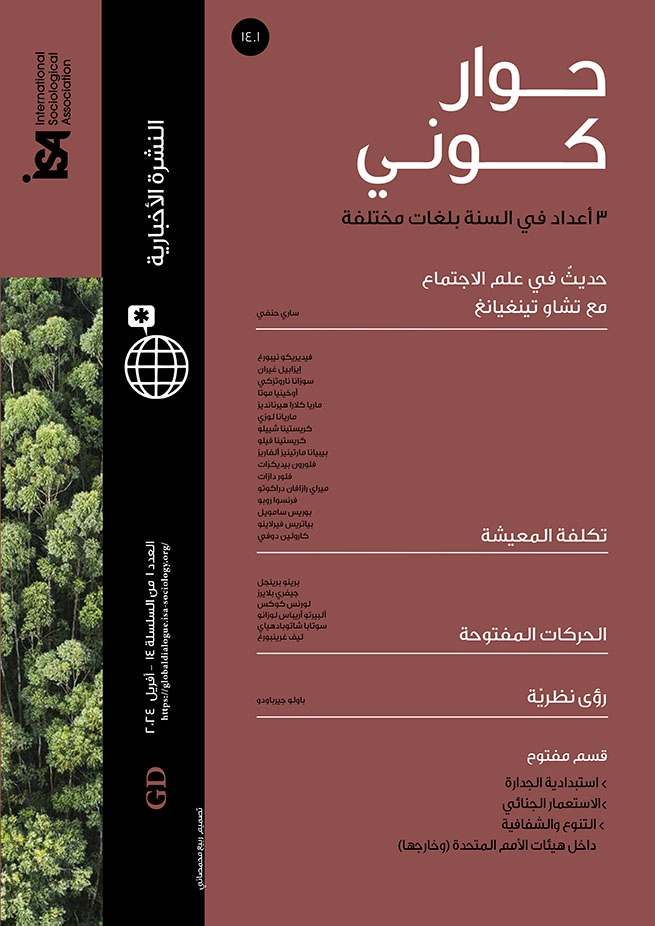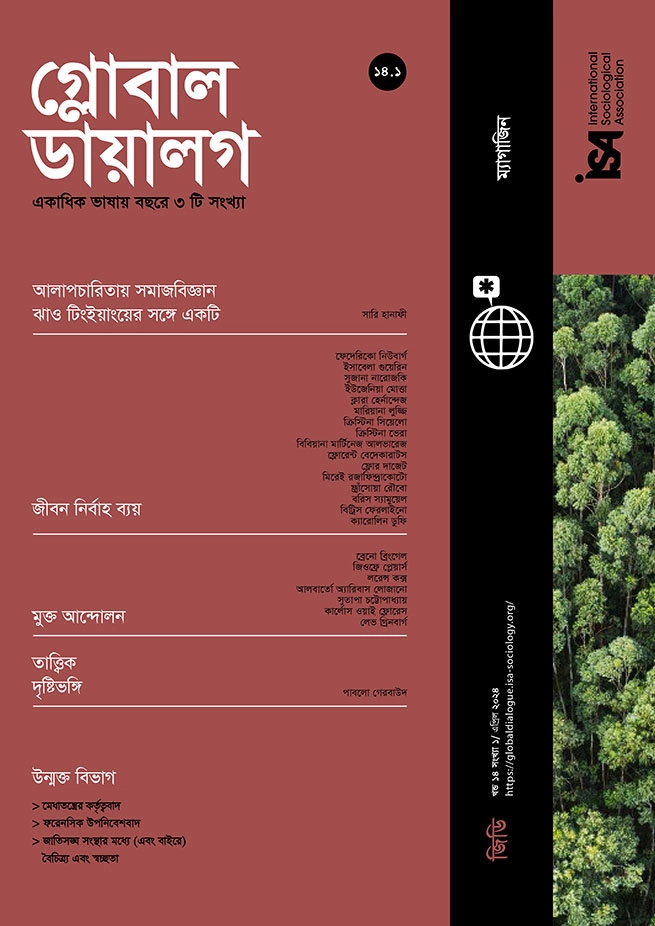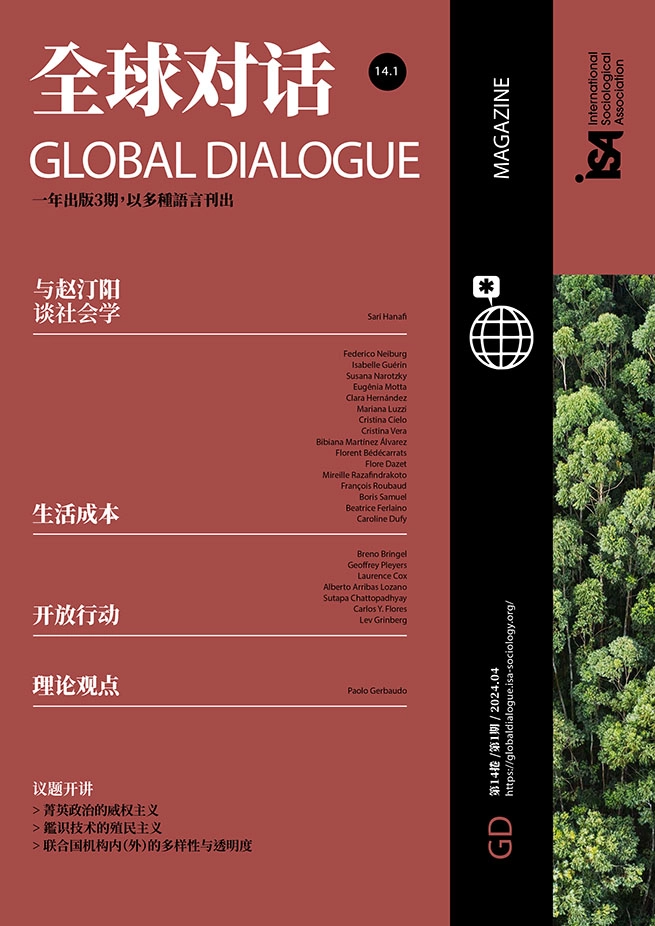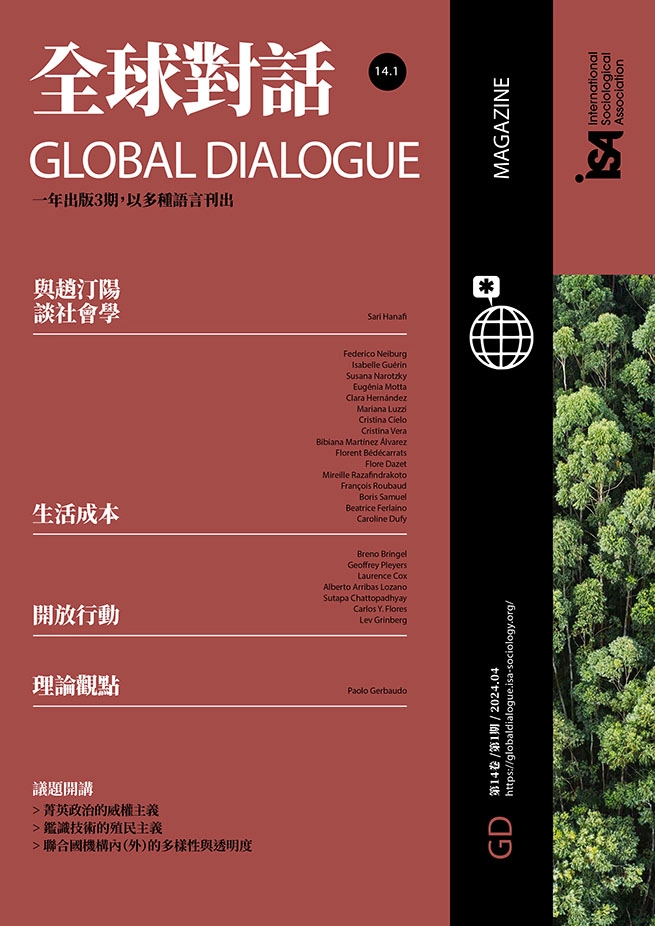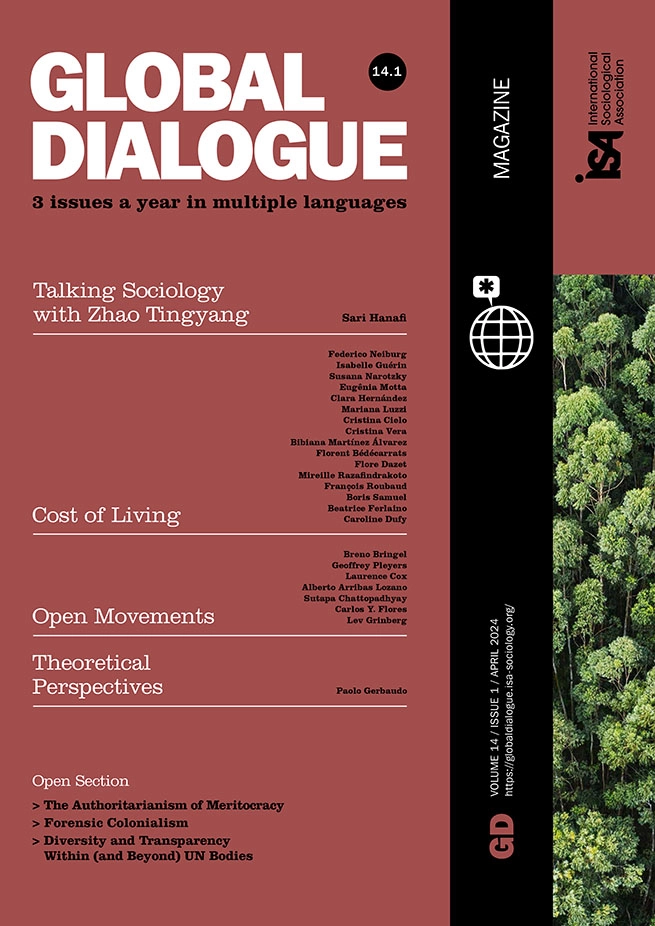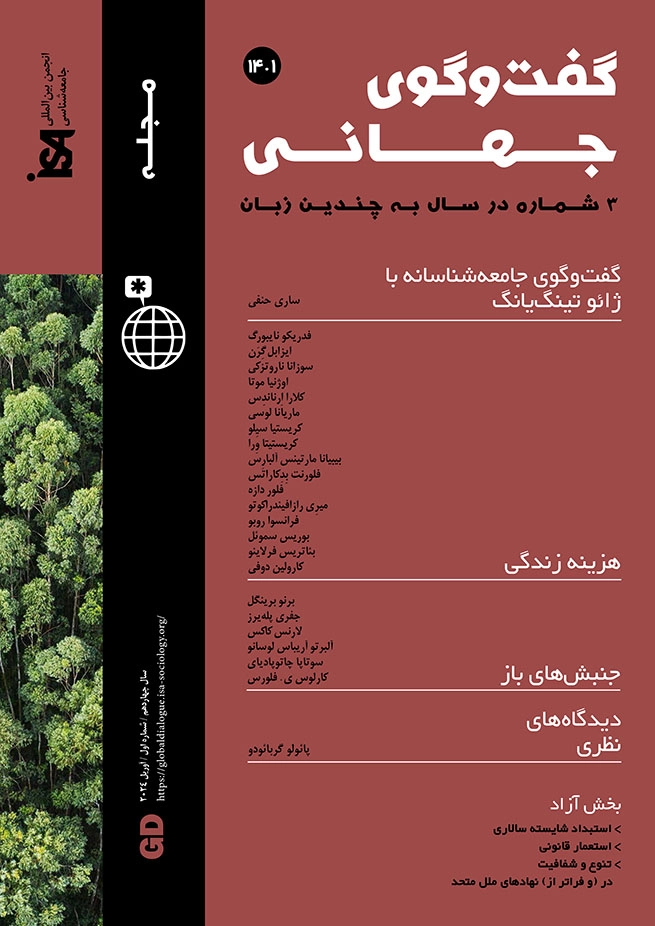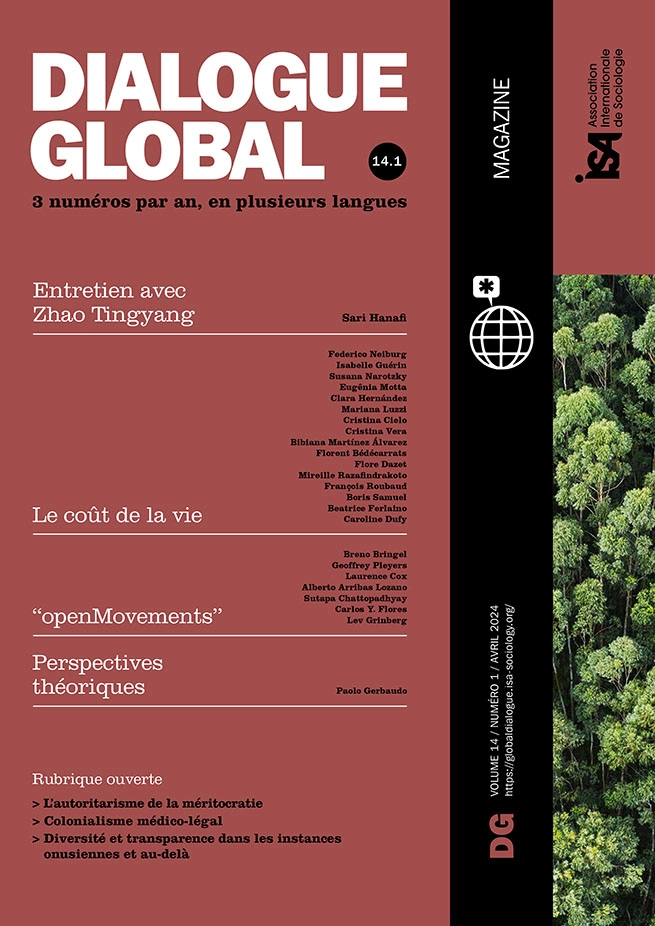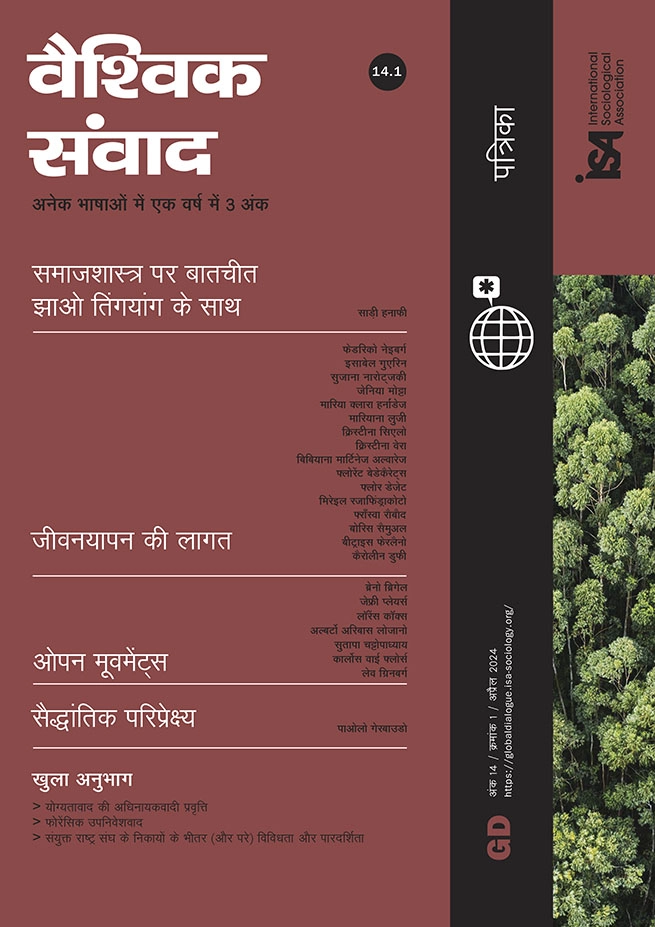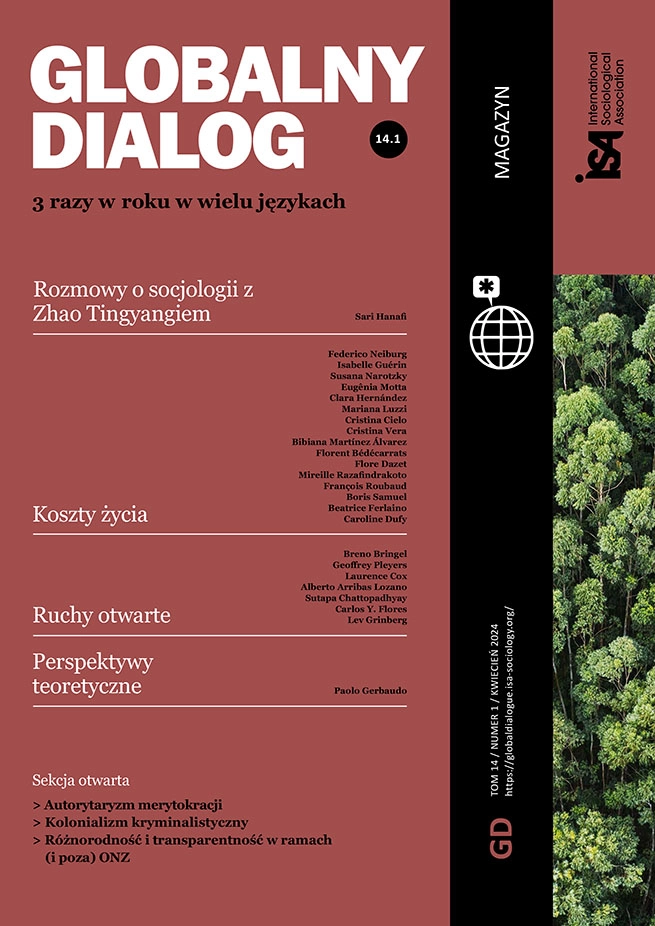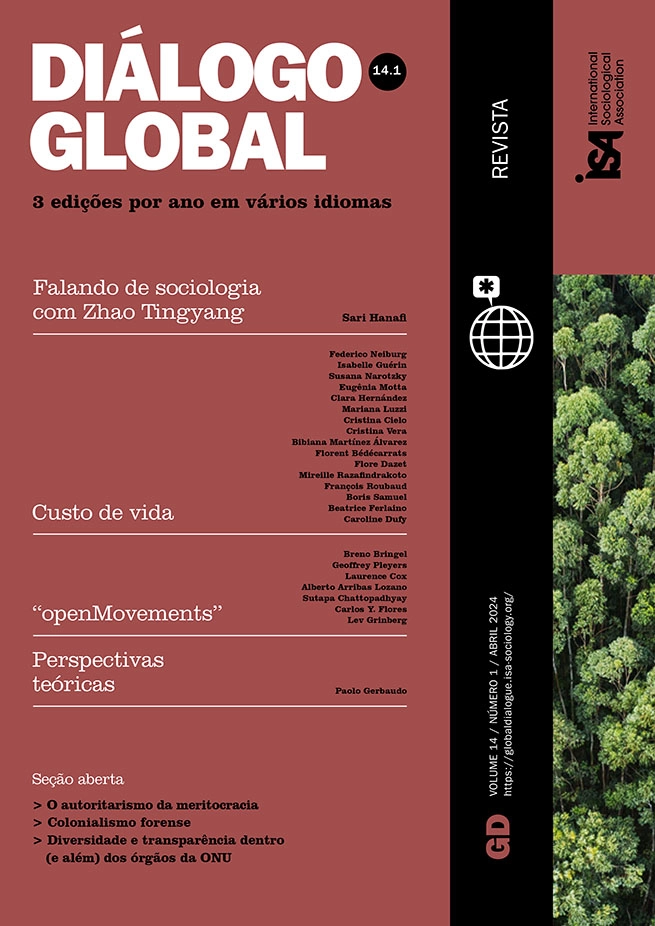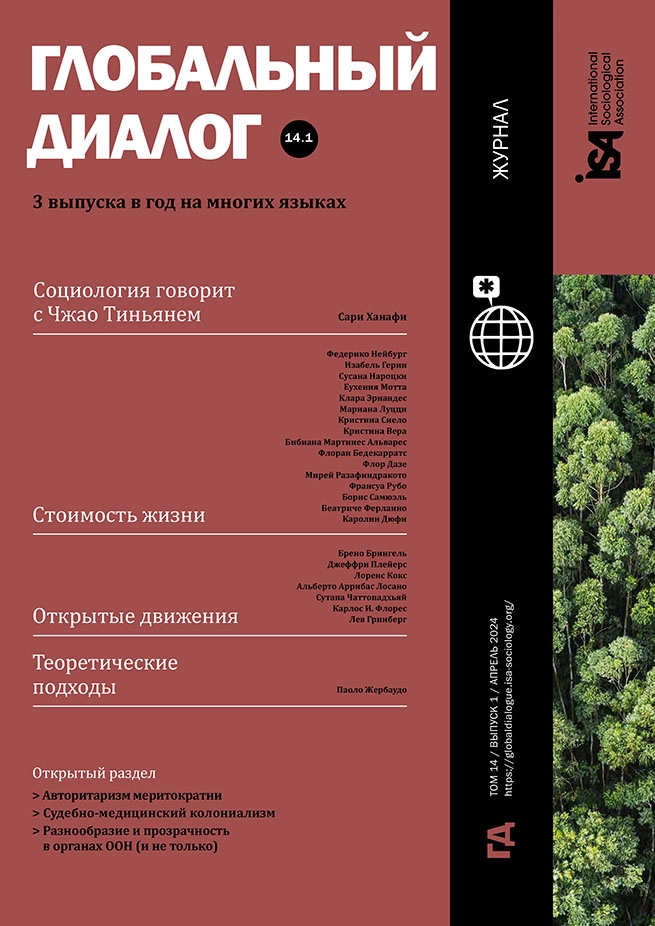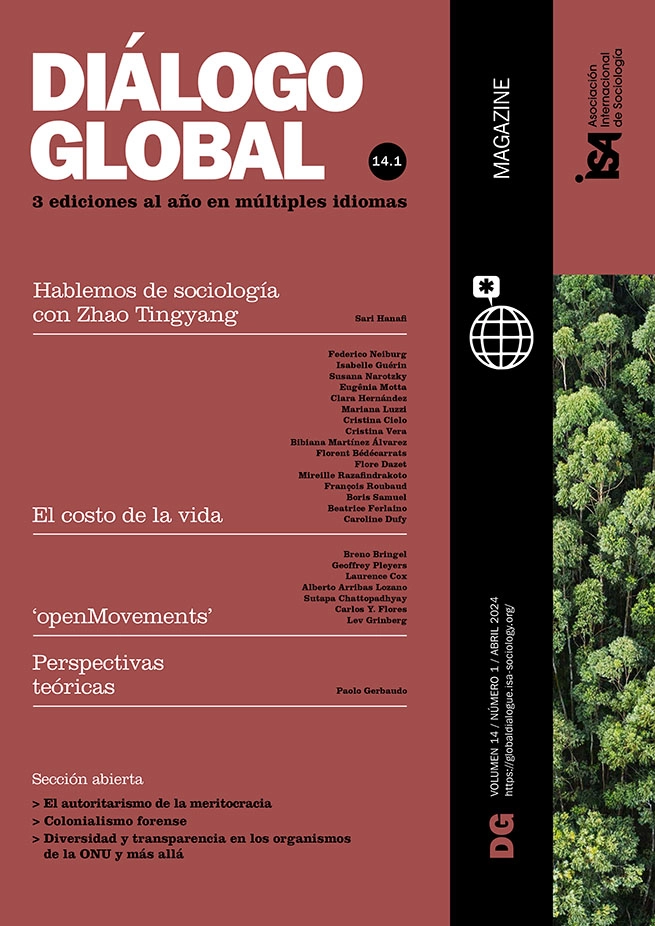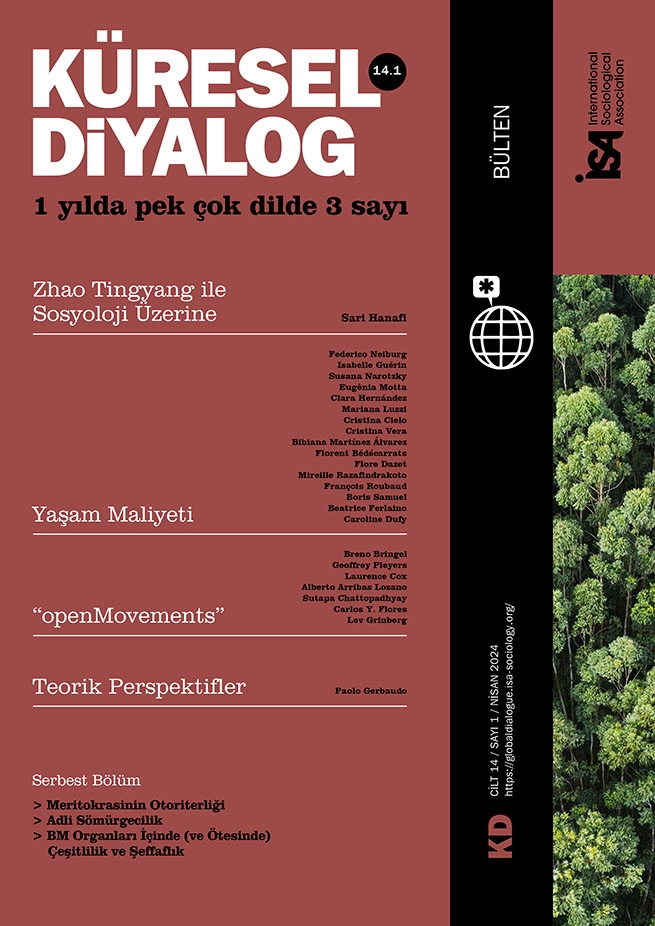Read more about Open Section
Forensic Colonialism
by Mark Munsterhjelm

Diversity and Transparency Within (and Beyond) UN Bodies
by Vitória Gonzalez
March 01, 2024
Meritocracy has always been praised in the modern world as a superior moral system and the most effective for tackling inequality. For its advocates, its great virtue lies precisely in the fact that it opens up real opportunities for everyone to move up the social ladder, thus breaking down the barriers of social injustice imposed by inequality of origin. As a result, all that is needed to build a more egalitarian and inclusive scenario is individual effort combined with the opportunities a meritocratic society offers.
Nothing could be more misleading than this presentation. In theoretical and empirical research that my colleagues and I have been carrying out over the last few years in Brazil, with executives from various levels and sectors working in companies based in Rio de Janeiro, we have observed just the opposite. As well as being fragile and misleading in its most fundamental promises of social ascension, meritocracy is also profoundly authoritarian. What’s more, its authoritarianism is implicit and so more invisible and effective than the explicit authoritarianism of today’s far-right national governments.
Social origin, lifestyle, and political positions
Before reaching this conclusion, we structured and developed our research on three basic levels that allowed us to test our initial hypotheses. The first level deals with social origin, which is basically synonymous with class origin. In a sample of some 100 executives (including an online questionnaire and a survey on the LinkedIn social network), we immediately realised that the vast majority (more than 90%) were born into Brazil’s upper middle class. In this way, we identified a connection between a privileged class background and occupying highly valued positions in the labour hierarchy. This fact alone belies the initial claims made in favour of meritocracy. It shows that rather than being democratic, meritocracy is arbitrary in its implicit dynamic of reproducing the privileged conditions of the middle and upper classes. Wright Mills reached similar conclusions in his brilliant study of elites in the United States in the 1950s.
The second level of our research dealt with the lifestyle of Brazilian executives. In this respect, we surveyed their reading habits and found that the magazines Você S/A, Forbes Brazil and Exame are among the favourites of this audience. After subscribing to and analysing these magazines for three years, we found that the material systematically constructs and defends what we define as a “market mentality”, which is deeply meritocratic, conservative and authoritarian. In a profound way, the consistent defence of the atomised individual and individual freedom, above anything else, ends up stimulating the development of authoritarian personalities. This happens because the celebrated self-confidence of market winners, crystallised in the life stories of celebrity executives and entrepreneurs, hides the social origins and privileged trajectories of these individuals who have everything but the merit of having conquered the positions of prestige and power they occupy. Nothing is more authoritarian than this. It is a subtle and effective form of market authoritarianism.
Finally, the third axis of our research concerned the political leanings of our interviewees. In this dimension, what the market winners think becomes clear, naturally reflecting who they are. When asked about central issues facing Brazilian society and the world today, such as labour and pension reforms, the causes of inequality, and the role of companies in society, among others, the vast majority of respondents presented a ornate discourse that was very much in tune with the corporate world. In short, this discourse heralds the market as the realm of all virtues and portrays the state as the guilty villain, responsible for all social problems. This leaves citizens, helpless victims of the state, with no choice but to turn to the Market God for help with their vital needs.
Authoritarian mentality
The relationship between this “conservative spirit”, as Wright Mills would say, and the current scenario of the return and strengthening of the extreme right on a global scale is evident. This authoritarian mentality – which is also racist, as we identified in various aspects of our research – combined with the “corporate habitus” prevalent among top executives and businesspeople were fundamental, for example, to the election of Jair Bolsonaro in 2018 in Brazil. His election and support for Bolsonarism more generally relied on intense activism by a large part of the Brazilian business community and abundant financial support. The famous image of Luciano Hang, president of Havan and a well-known Bolsonaro election campaigner, whose symbolic trademark is a green suit with a yellow tie in which he has often appeared alongside Bolsonaro, is a perfect caricature of what much of the Brazilian business class has become in recent years.
It is no coincidence that in 2018 when we administered a large part of the survey questionnaires, the public figure most admired by executives was Judge Sérgio Moro, the then hero of the Lava Jato operation and responsible for the arrest of Luiz Inácio Lula da Silva, without which Bolsonaro would not have been elected. Neither was it a coincidence that Moro became Bolsonaro’s minister of Justice and one of the most essential symbolic figures of the Brazilian far right. This is mainly due to the prevailing punitive imaginary in Brazilian society, which intensifies in contexts of social upheaval, usually marked by rising inequality.
In addition, leading figures on the Brazilian and Latin American business scene, such as Marcelo Odebrecht, have always been revered as great leaders and men of integrity: genuine examples of professionals and people to follow. The arrest of Marcelo, then president of the Odebrecht family empire, after being accused in one of the most significant recent corruption scandals in Latin America caused astonishment and consternation among company employees, thus destroying his image as the good family man. This is just one major case among many others.
Figures like Jorge Paulo Lehmann, identified several times by the Forbes Brazil ranking as the richest man in Brazil, have always been praised in our imaginary as embodiments of success and honesty to be emulated. The recent scandal involving the loss of Lojas Americanas, with Lehmann and his two partners, Marcel Telles and Beto Sicupira, as the protagonists and alleged masterminds of one of the biggest fraud schemes in capitalism today, also calls these images of success into question. In our research published elsewhere, we dedicated part of our work to investigating the critical biographies of some Brazilian business celebrities. In addition to those mentioned here, we analysed the trajectories of Eike Batista and Abílio Diniz, two celebrity entrepreneurs on the Brazilian scene. As a common finding, we identified that behind their celebrated trajectories of success, portrayed on countless covers of magazines advocating the market, there are highly privileged class origins, which go a long way to explaining their “success”.
Trajectories of privilege and the meritocratic fiction
From our research, we can say that Brazilian executives, who largely reflect a global reality, are representative of a world where a true “meritocratic fiction” denies the real reasons for inequality. In general, in contrast to the inclusive, tolerant and sustainable discourse supported by “new capitalism”, what we find in practice is an environmentally predatory, non-inclusive and intolerant capitalism. For example, some façade inclusion programmes for black people that we found in our research, as well as environmental crimes such as those committed in Mariana and Brumadinho, clearly attest to this. In this sense, some of our top executives would have much to answer for to Brazilian society.
Fabrício Maciel, Fluminense Federal University, Brazil <macielfabricio@gmail.com>
This issue is not available yet in this language.
Request to be notified when the issue is available in your language.
If you prefer, you can access previous issues available in your language:
